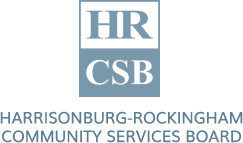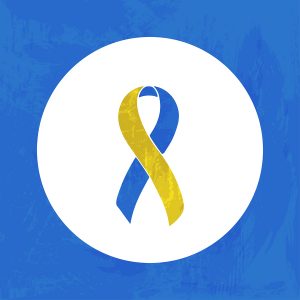Kathleen Gibson’s son is, in most ways, a typical three-year-old boy. He enjoys music, preschool, playing with his siblings, and Sesame Street. Emmett is different in one way, however. He was born with Down syndrome.
Down syndrome is a genetic disorder caused by the presence of an extra copy of chromosome 21 within the cells. Although everyone with Down syndrome is different, some common characteristics of individuals with Down syndrome include low muscle tone, slight upward slanting of the eyes, a single crease across the palm, and a slightly flattened facial profile. Mild to moderate cognitive impairment is also common among individuals with Down syndrome.
According to the Centers for Disease Control, Down syndrome occurs in approximately 1 out of every 700 babies, with around 6,000 babies born with Down syndrome in the United States each year. It is the most common chromosomal condition. We don’t yet know for sure why Down syndrome occurs.
Ms. Gibson says that raising a child with Down syndrome:
“… is like raising other children except with more therapy appointments and more work on reaching developmental milestones, many of which we take for granted with ‘typical’ children. With this, is a greater realization and appreciation of the work that our children accomplish as they grow – for example: learning how to eat, how to hold a fork, how to talk, crawl, and walk.
We all advocate for our children in some ways. However, with a child with Down syndrome, we find ourselves having to advocate and educate ourselves and others more often. We have learned to speak in acronyms and take great care to keep up with checklists, bloodwork, and policy and advocacy work.
Emmett is a toddler with toddler attitude. We do not underestimate his stubbornness and abilities. We celebrate the ‘little things.’ We presume competence and expect him to live up to his full potential, just as we expect of every member of our family. Our expectation is for others, particularly his education partners, to do so as well.”
Down syndrome is considered a developmental disability. Individuals with Down syndrome may be eligible for services through Virginia’s Developmental Disabilities Waiver program, or for other services at the Community Services Board. To see if you or a loved one is eligible for services, download a request for screening.
Other local supports are available for parents of individuals with Down syndrome. Ms. Gibson, along with another family, founded a local parent group, “Harrisonburg Rockingham Parents of Children with Down Syndrome”. Their goal is to provide information, encouragement, and support to parents and families of children with Down syndrome seeking to connect in the City of Harrisonburg, Rockingham County, and throughout the central Shenandoah Valley. This group meets every other month to discuss topics of interest and/or for social events. They also provide new baby gift baskets to families with a baby born with Down syndrome in the central Shenandoah Valley to include Harrisonburg, Staunton, Rockingham and Augusta Counties.
For more information on the group “Harrisonburg Rockingham Parents of Children with Down Syndrome”, visit http://csvpcds.wixsite.com/parents or Facebook.
For more information on Virginia’s Developmental Disability Waiver program, contact the Harrisonburg-Rockingham CSB at 540-434-1941.

